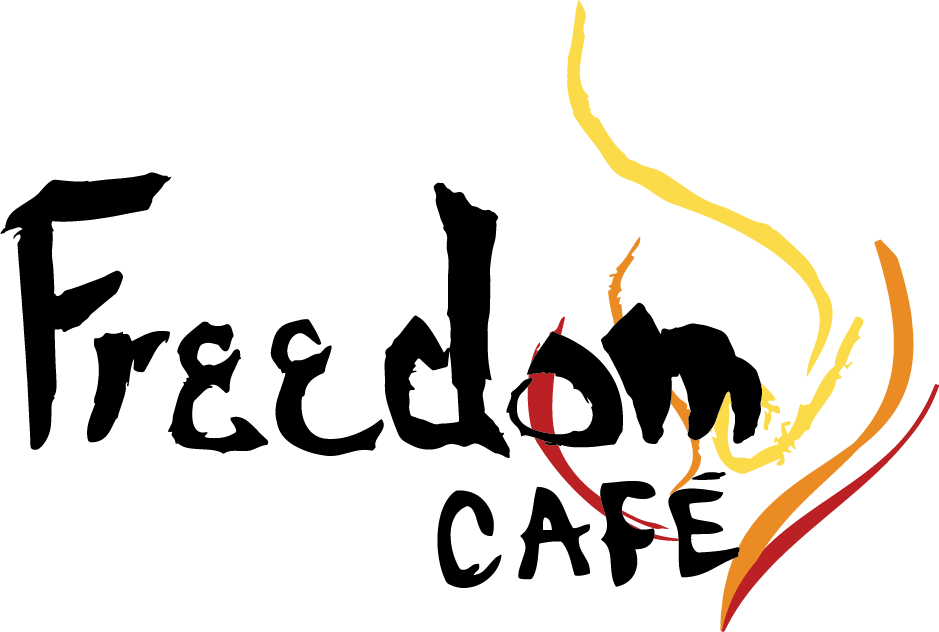Certifying Organizations
How you can help
On an individual scale, you can support organizations that wish to combat immoral practices — there are many non-profit organizations that certify ethical producers.
Each organization has their own procedures and guidelines for auditing producers. Although each organization's administration varies, their collective mission is to ensure ethical practice.
Our goal is to familiarize conscious consumers with these certifications and their significance so you can spot these labels during your everyday shopping. By purchasing certified over uncertified products, you are choosing to support the ethical guidelines set in place by the organization!
Equal Exchange
Equal Exchange, a for-profit, Fairtrade worker-owned cooperative, is the oldest and largest fair trade coffee company in the United States. They work directly with over 40 small farmer organizations around the world to source fairly traded and produced goods including coffee, chocolate, tea, fruits, nuts, baked goods, ingredients, and more. By honoring each step in the supply chain, their vision is to build a stronger and more democratic food system where small-farmer communities, alternative traders, and consumers all have a seat at the table.
Equal Exchange products are not sold in most major stores, but can be purchased from their online store or from other online and specialty markets.
Worldwide Responsible Accredited Production
The Worldwide Responsible Accredited Production (WRAP) certification of apparel ensures the material and fabric used in their certified products are free of forced labor. This means WRAP Certified businesses must comply with all laws and workplace regulations set in place of where they do business.
One of the WRAP's most principal regulations is the prohibition of forced labor and human trafficking. Child labor is also prohibited; companies are forbidden from hiring minors under 14 ( or the minimum age for employment by law, whichever is greater ).
B certified Corporation
The B certified Corporation believes that businesses should safeguard the environment and show great public transparency. There are countless B Corp certified products and industries, ranging from chocolate to hair salons. The focus of B Corp is to "Redefine success" by having businesses be the role model for good.
"The B Corp movement is one of the most important of our lifetime, built on the simple fact that business impacts and serves more than just shareholders—it has an equal responsibility to the community and to the planet." —Rose Marcario, CEO of Patagonia
Rainforest Alliance
The Rainforest Alliance was founded to ensure sustainability through remodeling land-use, consumer, and business practices. This certification signifies good farming practice and sets a standard for farmers, allowing companies to do business with responsible suppliers.
As of 2016, the Rainforest Alliance has certified over 100 million football fields worth of rainforest worldwide. That's a lot of trees! Not only does The Rainforest Alliance conserve biodiversity, it includes an agriculture program which helps to train producers in sustainable farming.
UTZ Certified
The UTZ certification program (now part of the Rainforest Alliance) promotes sustainable farming practices aimed at providing better opportunities for farmers. UTZ Certified protects the climate on a global scale by fighting to eliminate deforestation due to unsustainable farming practices (such as slash-and-burn techniques).
Since joining the Rainforest Alliance in 2018, the UTZ certification program and the Rainforest Alliance Certification Program have run in tandem. Goods featuring the UTZ Certified label are sourced with practices in accordance with UTZ’s code of conduct. Worker safety, proper farm management, product traceability, sustainability, and environmental protection are all guaranteed in the code of conduct. The UTZ certification program and label will be gradually phased out in favor of the Rainforest Alliance seal in the coming years, so be sure to be familiar with both!
Fairtrade International
Farmers have a better opportunity to improve their lives when they sell using Fairtrade terms. Examples of products Fairtrade may certify include bananas, cocoa, coffee, cotton, flowers, sugar, tea, composite products, fresh fruit, gold, honey, juices, rice, spices and herbs, sports balls, and wine.
Fairtrade Minimum Price is the minimum price paid to Fairtrade producers during a trade and is determined by a chart known as the Fairtrade Standards and Pricing Unit. These prices depend on certain criteria such as the type of product and its yearly income yield. The price is created to ensure that producers are able to cover their costs of sustainable production. Additionally, the price acts a “safety net” for farmers during times when market prices are low.
Examples of products Fairtrade may certify include bananas, cocoa, coffee, cotton, flowers, sugar, tea, composite products, fresh fruit, gold, honey, juices, rice, spices and herbs, sports balls, and wine.
Sourced for good
(formerly Whole Trade Guarantee)
Formerly known as the Whole Trade Guarantee, Sourced For Good is an initiative from the Whole Foods Market chain located across the United States. Purchasing products with this seal puts money towards efforts to improve wages and provide better opportunities for workers, and indicates that a product has been produced in a way that honors workers, farmers, and the environment. Next time you are shopping at Whole Foods, look for this seal on products such as fruit, flowers, honey, coffee, herbs and spices, tea, chocolate, popcorn, and sugar.








